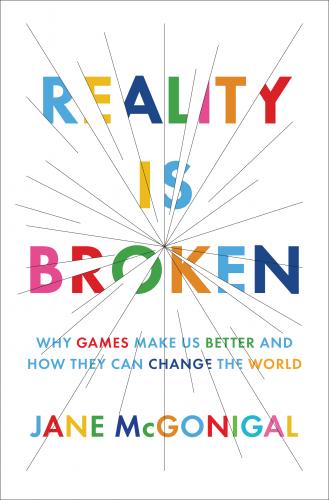I mean, I am - I suppose. Its all on paper, I've got the qualifications and letters after my name (William Knight MA (hons) - in case you're wondering *breathes on nails, shines on shirt*); but I can't help but feel that in any real world situation I'm just kinda loafing it. It's a feeling I've discussed with several people and I've discovered that this is a fairly universal quality in normal people. You're confident, but not arrogant, firm but fair and give off an air that you've got it all under control. But just under the surface you've always got the sneaking suspicion that at some point someone is going to turn to you and go:
"You there! Yes... you! You have absolutely no idea what you are doing!"
And you'll fall to your knees and concede its all been an elaborate ruse, you are in fact, just a dude, and you still play video games and role play online, you aren't qualified to take blood, arrange mergers, save lives or negotiate divorce settlements, in fact you're barely capable of dressing yourself in the morning without doing that thing with your trousers (one leg in, OK - here's the next leg - ready? ready? GO! NO, don't get it caught on the crotch, steady yourself, steady!... oh look, you've fallen onto the bed).
There is a point to this post, I promise. I'm getting to it. There's just some fluff I need to move out of the way first.
The only area I don't get this crushing feeling of inadequacy is whilst I'm gaming.
I know that if I stick the Black Ops
If I get beaten, I'm more than willing to accept the consequences and acknowledge I lost to a superior player. It isn't arrogance, it's the result of hard work and a love of gaming.
 Over the past few days I've been dipping in and out of J McGonigal's "Reality is Broken
Over the past few days I've been dipping in and out of J McGonigal's "Reality is BrokenBy supplanting gaming mechanisms into every day life we could wash away the feeling that we are loafing our way to the top - always ignoring the dread that some day someone will realise what idiots we really are. If we can harness the enormous effort each one of us put into getting that next title, or finally farming that rare skin and channel it into real world problems - the world could be changed dramatically.


